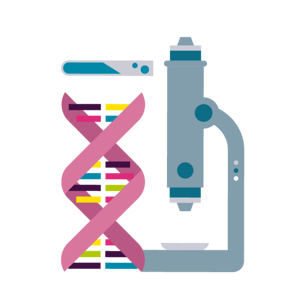US/UK pharma and medtech deal – zero tariffs and enhanced UK spend
The recently announced US/UK trade deal on pharmaceuticals and medtech has been warmly welcomed by industry representatives, research institutes and medical research charities.
Log in to your client extranet for free matter information, know-how and documents.
Mills & Reeve system for employees.

The recently announced US/UK trade deal on pharmaceuticals and medtech has been warmly welcomed by industry representatives, research institutes and medical research charities.
UK medicines regulator, the MHRA, has carried out an extensive, two-day raid on an illicit weight loss medicines facility.
Legislation passed in 2023 opened the door to greater flexibility for precision genetic technology. From November 2025, new rules will streamline the approval process (in England only) for precision bred plant varieties—those developed using advanced gene editing tools like CRISPR, but without introducing foreign DNA.
PISCES is a new type of platform where shares in private companies can be traded. As companies choose to stay private for longer, PISCES should give investors the opportunity to trade private company shares easily and efficiently in an organised marketplace.
The UK’s clinical trials framework is undergoing a major transformation. Both the Medicines and Healthcare products Regulatory Agency (MHRA) and the Health Research Authority (HRA) have published updated guidance to support sponsors and other stakeholders through the transition.
The European Commission announced on 30 September that it has carried out unannounced inspections (otherwise known as ‘dawn raids’) at the premises of a company active in the vaccines sector. The dawn raids constitute a preliminary step in the Commission’s investigation into whether the inspected company has undertaken practices which may amount to anticompetitive disparagement.
The UK is positioning itself as a leading choice for clinical research. Alongside streamlining its legislative framework to offer greater efficiency, accessibility and innovation, the UK government is pushing for improvements to contracting and review processes.
The UK government is promoting innovative technology to improve patient care. This blog explores current regulatory requirements for developers and offers guidance on working with the NHS during the development process.
In our recent webinar, we explored the complexities of borderline products, focusing on categories that often raise challenging questions.
Our Life Sciences Legal Forum offers quarterly sessions focusing on hot topics within the life sciences sector.
Our Life Sciences Legal Forum offers a series of quarterly sessions focusing on hot topics within the life sciences sector. In a recent webinar, we explored the complexities of borderline products, focusing on categories that often raise challenging questions.
Our Life Sciences Legal Forum offers a series of quarterly sessions focusing on hot topics within the life sciences sector. In a recent webinar, we took a step back to consider trends and challenges in life sciences fundraising and corporate transactions